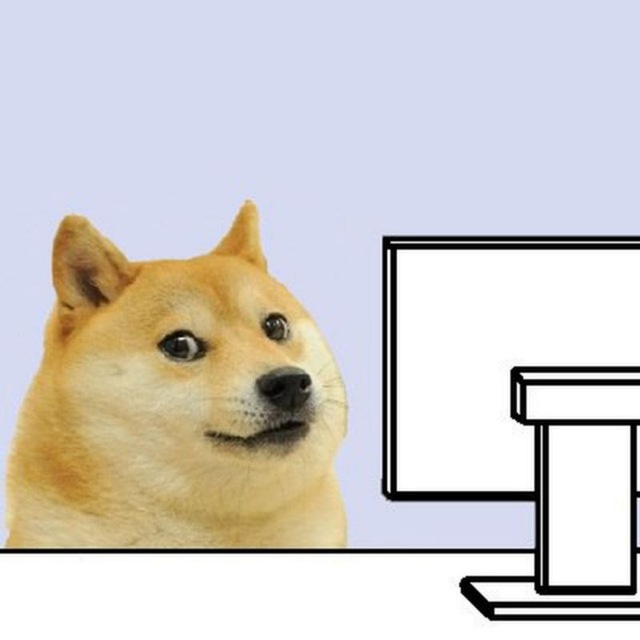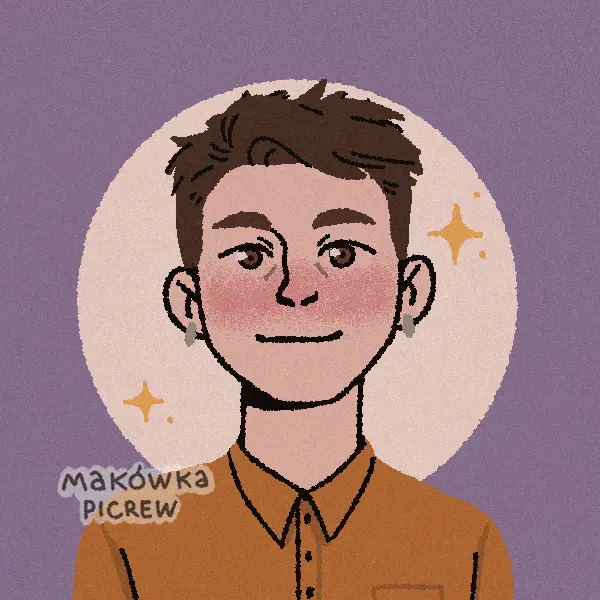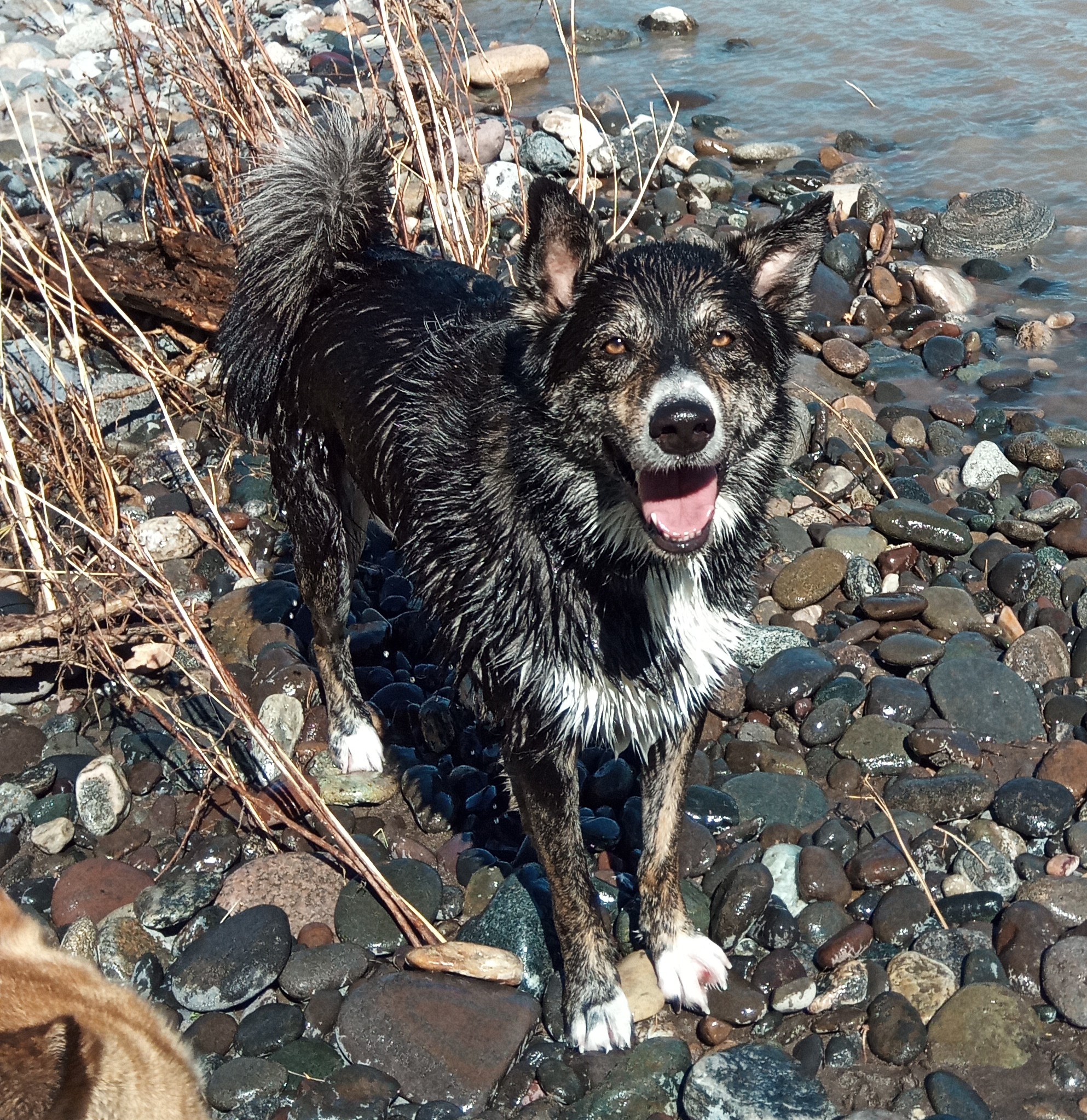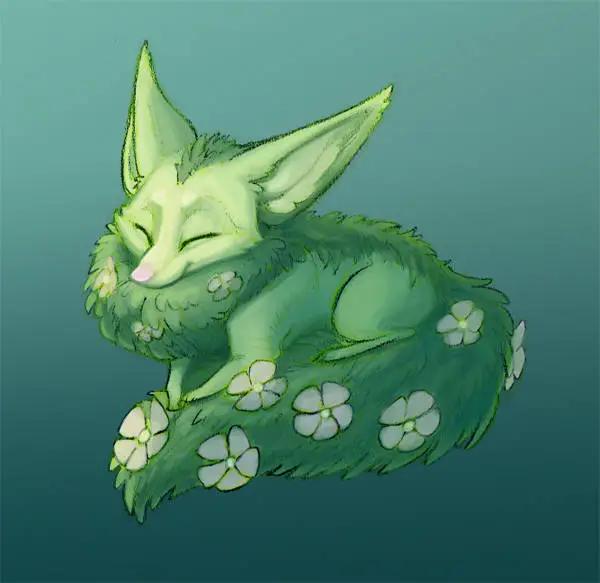Controversial AI art piece from 2022 lacks human authorship required for registration.
Good. Maybe this could put a stop to the attempts by companies to gut their payroll and replace artists with software.
Using automation tools isn’t something new in engineering. One can claim that as long as a person is involved and guiding/manipulating the tool, it can be copyrighted. I am sure laws will catch up as usage of AI becomes mainstream in the industry.
Ha.
A lot of money will fly and laws and views will change like butter in the sun.
Just for once Id like to be optimistic
Pretty sure this case is dead. The copyright office did the same thing with the monkey selfies and the ai art piece from stephen thaler. That “void of ownership” is just public domain. Gonna be interesting what other kind of ai cases come up later though.
If those people have ever tried actually using image generation software they will know that there is significant human authorship required to make something that isn’t remotely dogshit. The most important skill in visual art is not how to draw something but knowing what to draw.
Then why does all AI need to harvest the work of millions of artists in order to create one mediocre painting? Millions upon millions of hours of blood sweat and tears is hidden behind that algorithm. Thousands of people starting to draw when they are 5 and never stopping in order to get as good as they are.
All big AI services refuse to disclose the training set they use and those that we know anything about absolutely uses copyrighted material from artist that didn’t consent to be part of the training set.
This is what fuels my contempt for AI. People that uses literal billions of dollars of stolen time and talent and then pretend that actually having ideas is the important bit.
I mean, I agree that the developers of these AI tools need to be made to be more ethical in how they use stuff for training, but it is worth noting that that’s kind of also how humans learn. Every human artist learns, in part, by absorbing the wealth of prior art that they experience. Copying existing pieces is even a common way to practice.
Yeah, that shrug you did about how it would be nice if AI didn’t steal art is part of the problem. Shrugging and saying joink doesn’t work when you want to copyright stuff.
Human learns by assimilating other people work and working it into their own style, yes. That means that the AI is the human in this and the AI owns the artistic works. Since AI does not yet have the right to own copyrights, any works produced by that AI is not copyrightable.
That is if you accept that AI and humans learn art in the same way. I don’t personally think that is analogous but it doesn’t matter for this discussion.
There’s a reason I said “they should be made to be more ethical” and not just “they should be more ethical”. I know that they aren’t going to do it themselves and I’ll support well-written regulations on them.
but it doesn’t matter for this discussion.
Isn’t it what almost your entire comment was about?
The argument was basically “that is how humans learn too”. I accepted that analogy because it doesn’t change my conclusion that AI can’t be copyrighted. Had the discussion been about something else I wouldn’t have accepted that argument.
The difference is a human artist can then make new unique art and contribute to the craft so it can advance and they can make a living off it. AI made art isn’t unique, it’s a collage of other art. To get art from AI you have to feed it prompts of things it’s seen before. So when AI is used for art it takes jobs from artists and prevents the craft from advancing.
My point is that this description literally applies just as much to humans. Humans are also trained on vast quantities of things they’ve seen before and meanings associated with them.
it’s a collage of other art
This is genuinely a misunderstanding of how these programs work.
when AI is used for art it takes jobs from artists and prevents the craft from advancing.
Because the only art anyone has ever done is when someone else paid them for it? There are a lot of art forms that generally aren’t commercially viable, and it’s very odd to insist that commercial viability is what advances an art form.
I do actually get regularly paid for a kind of work that is threatened by these things (although in my case it’s LLMs, not images). For the time being I can out-perform ChatGPT and the like, but I don’t expect that that will last forever. Either I’ll end up incorporating it or I’ll need to find something else to do. But I’m not going to stop doing my hobby versions of it.
Technology kills jobs all the time. We don’t have many human calculators these days. If the work has value beyond the financial, people will keep doing it.
My point is that this description literally applies just as much to humans. Humans are also trained on vast quantities of things they’ve seen before and meanings associated with them.
In which case the machine would get the copyright (which legally they can’t now), not the prompter.
Copyright just isn’t compatible with AI, we need to abolish it.
If a picture gets generated, who is the owner? The one writing the prompt? The AI that generated it? The researchers that created the AI? The artist on which the picture is based?
How about none of them? It is a picture, a piece of information. It doesn’t need an owner.
Can we get UBI before we start abolishing people’s income though?
Human brains don’t have perfect recollection. Every time we retell a story or remember a memory or picture an image in our head it is distorted with our own imperfections.
When I prompt an AI to create an image it samples the images it learned from with perfect recollection.
AI does not learn the same way humans do.
This is incorrect actually. The models these AIs run from by definition have imperfect recall otherwise they would be ENORMOUS. No, that’s actually exactly the opposite of how these work.
They train a statistically weighted model to predict outputs based on inputs. It has no actual image data stored internally, it can’t.
This is incorrect actually. The models these AIs run from by definition have perfect recall and that is why they require ENORMOUS resources to run and why ChatGPT became less effective when the resources it was allocated were reduced.
-ChatGPT
I’m pretty sure that the way they constantly fuck up hands is a solid demonstration that these AI tools do not have a perfect recollection
The reason they fuck up hands is because hands are usually moving during pictures and have many different configurations compared to any other body part.
So when these image AIs refer back to all the pictures of hands they’ve been fed and use them to create an ‘average approximation’ of what a hand looks like they include the motion blur from some of their samples, a middle finger sticking up from another sample or extra fingers from the sample pictures of people holding hands etc and mismatch them together even when it doesn’t fit in the picture being created.
The AI doesn’t know what a hand is. It is just mixing together samples from its perfect recollection.
It is funny how that “one mediocre painting” won the award while the human art did not.
All those artists did the same thing, they’re also only able to pursue art because the work of so many people before has made a world in which we’re so surrounded by luxury that they don’t need to work the fields just to survive.
As the famous meme so rightly states, we live in a society. I get that a lot of modern artists don’t want to help build a better society for all because they want to protect their privileged position in capitalism but that’s not really an option, you live by the sword of capitalism you die by the sword of capitalism.
Artists. Famously part of the ruling class.
You can have a privileged position in capitalism without being the ruling class, beside we’re not talking about all the artists because a huge amount do art because they love creativity, expression and visual beauty - the ones who wage this absurd battle against emerging technology are either in a privileged position or who envision themselves in that privileged position in the future.
So if I tell someone else to draw something, who gets the copyright?
If someone is doing work for you, you get the copyright. That’s how it always worked
This isnt always the case. Tattoos for example, are commissioned and paid for but the actual copyright often resides with the artist not the person that paid for the work.
Yes, the artist must agree that copyright transfer is part of the agreement. By default ownership is with the artist.
That’s only with the artist’s agreement though isn’t it? Usually because you’re paying them. In this case the artist isn’t a person so can’t grant you the copyright (I think)
Yes, in practice this would be a contract with the artist deciding whether the copyright is transferred or not.
Because by default, if you commission someone to draw something for you, they keep the copyright.
Thats honestly a fair point. I think I often feel lot of hostility towards ai, because a lot of aspects of how its being used or the arguments made by its proponents don’t sit right with me, but its clear our systems need to evolve to handle ai and ai created content more appropriately
It’s actually gotten significantly easier, which makes this artist’s work even more impressive. There is a very real chance they spent more time on this piece than other artists they were up against spent on theirs. I generate thousands of images a month, and sure, I can just take the first thing midjouney throws at me and be satisfied with 80% accuracy, or I can work and rework, each generation with diminishing returns, until I get to 98% accuracy and just accept that it’s not capable of 100% yet.
There is a very real chance they spent more time on this piece than other artists they were up against spent on theirs. I generate thousands of images a month
… you’ve never actually made art, have you? The sort of stuff that you enter into contests takes months to make, from the actual painting to rough sketches to reference gathering, and that’s just the basics
Clicking a button a thousand times isn’t really comparable
I’m not at all disagreeing with the overall sentiment here, but having given it a go, I will say AI image generation is a very tedious endeavor many times.
It’s not just clicking a button. It’s closer to trying to Google some very specific, but hard to find medical problem. You constantly tweak and retweak your search terms, both learning from what has been output so far and as you think of new ways to stop it from giving you crap you don’t want. And each time you hit search the process takes forever, anywhere from 5 minutes to 5 hours.
I don’t really feel like this constitutes skill, but it does represent a certain amount of brute force stubbornness to try to get AI image generation to do what you want.
The article says that he could have copyrighted the work if he disclaimed the AI generated source images in his application. The collage he created is copyrightable but he can’t claim copyright on the source images because they were not created by a human. If someone were to take his collage, he’d still be protected.
What’s significant about this is that this means that you can’t simply copyright an image you had ai generate from a prompt, there needs to be some kind of transformation, and if someone else got ahold of the original AI image before transformation they could use it freely as public domain.
This is the best summary I could come up with:
Because Mr. Allen is unwilling to disclaim the AI-generated material, the Work cannot be registered as submitted," the office wrote in its decision.
In this case, “disclaim” refers to the act of formally renouncing or giving up any claim to the ownership or authorship of the AI-generated content in the work.
In August 2022, Artist Jason M. Allen created the piece in question, titled Theatre D’opera Spatial, using the Midjourney image synthesis service, which was relatively new at the time.
The image depicting a futuristic royal scene won top prize in the fair’s “Digital Arts/Digitally Manipulated Photography” category.
In his appeal, Allen claimed that “the Office is placing a value judgment on the utility of various tools” and that denying copyright protection for AI-generated artwork would result in a “void of ownership.”
More recently, it also denied copyright registration for an image that computer scientist Stephen Thaler claimed was autonomously generated by his AI system.
The original article contains 536 words, the summary contains 155 words. Saved 71%. I’m a bot and I’m open source!
If you compare the AI image that was used with the image that one the price after the artist enhanced it to that level you could argue that paintings from sketches are not copyright-able
Well if the sketch was made by the artist then no you can’t, and if the sketch wasn’t then the copyright board has a right to know, and he didn’t disclose the original image.
Idk if he has shown the ai image (which isn’t copyright-able) but it was discloed that AI was used in the process
He’s allowed to copyright it as a collage, just not claim ownership to the source images.
When you say a painting from a sketch, what do you mean? Is it a sketch from another artist? If so, you can still copyright the painting, you just can’t claim ownership of the sketch, because you didn’t make it.
Cool. Ugly ass Ai trash
Why do photographers get copyright over their pictures then?
They’re just pointing a camera at something and pressing a button.AI is a tool like any other.
Because photographs don’t require other people photographs to work. It just requires the labour of the engineers at Nikon and you payed them by buying the camera.
Use an AI algorithm with no training set and see how good your tool is.
What if I used an open source algo with my own photographs as a dataset 🤔
Then absolutely go ahead. That isn’t what the guy in the post did tough.
I don’t see why you wouldn’t be able to keep copyright then. Everything involved would have been owned by you.
That is a big difference to how other generative models work though, which do use other people’s work.
Because you would have to prove that the AI only learned from your work and it’s my understanding that there is no way to track what is used as learning material or even have an AI unlearn something.
The people that is stealing art designed their algorithm to not contain proof that they stole art. If they are legally required to prove what training data they used in order to get a copyright then they will design the AI around that. That would immediately disqualify most of the current AIs because they have all been fed stolen art but I am sure they have the tech and capital to start over. And you know, Fuck em.
Because the human element is in everything they had to do to set up the photograph, from physically going to the location, to setting up the camera properly, to ensuring the right lighting, etc.
In an AI generated image, the only human element is in putting in a prompt(s) and selecting which picture you want. The AI made the art, not you, so only the enhancements on it are copywritable because those are the human element you added.
This scenario is closer to me asking why can’t I claim copyright over the objects in my photograph, be
This scenario is closer to me asking why I can’t claim the copyright of the things I took a photograph of, and only the photograph itself. The answer usually being because I didn’t make those things, somebody/something else did, I only made the photo.
Edit: Posted this without realising I hadn’t finished my last paragraph. Oops
It’s honestly pretty much the same with ai, there’s lots of settings, tweaking, prompt writing, masking and so on… that you need to set up in order to get the result you desire.
A photographer can take shitty pictures and you can make shitty stuff with AI but you can also use both tools to make what you want and put lots of work into it.
The difference is it’s not you making the art.
The photographer is the one making the photo, it is their skill in doing ehat I described above that directly makes the photo. Whereas your prompts, tweaking, etc. are instructions for an AI to make the scenery for you based on other people’s artwork.
I actually have a better analogy for you…
If I trained a monkey to take photos, no matter how good my instructions or the resulting photo are, I don’t own those photos, the monkey does. Though in actuality, the work goes to the public domain in lieu as non-human animals cannot claim copyright.
If you edit that monkey’s photo, you own the edit, but you still don’t own the photo because the monkey took it.
The same should, does currently seem to, apply to AI. It is especially true when that AI is trained on information you don’t hold copyright or licensing for.
Actually… If an animal you own/trained makes art… you did get to have the copyright to the art, until recently with these same legal developments. Now it’s less clear.
I also agree more with the other posters interpretation in general. We copyright art made by random chance emergent effects (Polluck et al.), process based art (Morris Louis et al.), performance art (so many examples… Adrian Piper comes to mind), ephemeral art, math art, and photography, as the poster says. None of those artists are fully in control of every aspect of the final project- the art makes itself, in part, in each example.
If a human uses a math equation for the geometric output of a printer, and they tweak the variables to get the best looking output, we consider that art by law. Ai is exactly the same.
It’s funny, I find that illustrators hate ai art, but “studio” artists (for lack of a better term) usually adore it
Actually, that’s a really good analogy, and it helped me think about this in a different way.
What if the monkey is the camera in this situation, and the training the monkey part is like designing the sensor on the camera. You can copyright the sensor design(AI Model), and the photo taken using the sensor (output), so the same should apply to AI art, shouldn’t it?
You’re losing the analogy here because these things aren’t analogous. You can only copyright what comes out of the sensor because you took the photograph. Not everything that comes out of a camera sensor is copyrightable, such as photos taken by non-humans.
There’s a fundemental difference between a tool that functions directly as a consequence of what you do, and an independent thing that acts based on your instruction. When you take a photo, you have a direct hand in making it - when you direct an AI to make art, it is the one making the art, you just choose what it makes.
When you take a photo, you have a direct hand in making it - when you direct an AI to make art, it is the one making the art, you just choose what it makes.
I understand what you mean, but you’re still directing the Camera; you’re placing it, adjusting the shot, perfecting lighting etc. Isn’t AI art the same? You have a direct hand in making what you want; through prompting, controlnet, Loras and whatever new thing comes along.
No, because the human involvement in creating AI art is so little that it’s considered de minimis --i.e. so minimal that it’s not worth talking into account. All you’re doing is putting a prompt into the generator–regardless of how much time and effort you put into crafting the prompt, it’s the AI interpreting that prompt and deciding how to convert it into an image, not you. In comparison, when you take a photograph, you’re interpreting the scene, you’re deciding that the object you’re photographing is interesting enough for a photo, you’re deciding what should and shouldn’t be in the shot, you’re deciding the composition of the shot, and you’re deciding what settings and filters to use in the shot.
It’s like the difference between someone taking a sketch of a model and making 20 revisions/alterations to the sketch before inking/coloring it, and a picky commissioner paying an artist to draw something and asking the artist to make 20 revisions before approving color/lines.
The camera simply puts what you see through the viewfinder into a form that can be stored, you’re the one who decides everything about the shot.
Whereas no matter how good your prompting is, it is ultimately the AI who interprets your parameters, who creates the images for you. It is the one doing the artistic work.
Do you not notice the difference? As I said in my last reply, your camera is a tool that functions directly as a consequence of what you do. An AI acts independently of you based on your instruction. It is not the same thing.
Also, I absolutely agree with @Eccitaze
The scene isn’t copyrighted, anyone could go to the scene (theoretically) and take their own photo from a different angle. What’s copyrighted is the expression that went into staging the shot.
An AI tool is the one doing the creative expression when generating its images is the argument. The prompt is where the creative expression of the user ends, and copyrighting just a phrase seems ridiculous. I tend to agree with these sort of arguments, especially when models like this are often trained on other people’s copyright work.
Am I the only one that think the longue they reject it, the more it will participate to it’s story behind, and make it worth more and more, and make it more and more “outrageous” and continue etc to make it have more worth?
US has a shitty copyright system. Got it.












